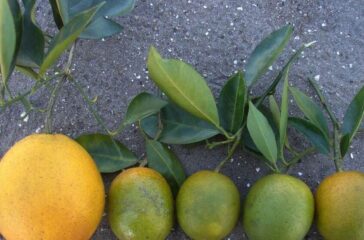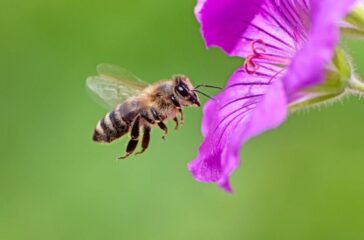Court deals setback to efforts to regulate pesticide-coated seeds
By Carey Gillam
A federal court this week dealt a blow to calls for new regulations on pesticide-coated seeds used in farming, ruling that US regulators were not acting improperly in exempting the seeds from registration review.
The US District Court for the Northern District of California on Wednesday granted a summary judgment in favor of the Environmental Protection Agency (EPA) and agrochemical industry lobbyist CropLife America, turning back arguments by the Center for Food Safety and other environmental advocates who have spent years warning of a range of “devastating effects” they say result from widespread use of the specialty seeds.
The concerns addressed in the case focus on seeds that are coated in insecticides before they are planted. Three specific types of insecticides that are part of a class of chemicals known as neonicotinoids present particular threats to beneficial birds and insects such as butterflies, and can contaminate the air, soil and water with toxins, according to critics.
The court case ruled on this week focused on three types of neonics – imidacloprid, thiamethoxam, and clothianidin.
“Neonicotinoid treated seeds are used on at least half of all croplands in the US but pose an extreme danger to birds, bees, and other pollinators,” the Center for Food Safety said in a statement issued Thursday following the ruling. “With the future of agriculture and entire food webs on the line, it is irresponsible and unlawful that these pesticides will continue to be exempted from registration.”
The European Union has banned the outdoor use of certain types of neonicotinoids, also called neonics, and the United Nations has said neonics are so hazardous that they should be “severely” restricted. But in the US, neonics remain widely used, typically as coatings on corn, cotton and soybean seeds, planted by farmers to protect crops from insects and disease.
Scientific research has shown they are contributing to a decline in important pollinators such as honeybees. Environmental advocates say numerous studies show neonics are not necessary.
 EWG
EWG


